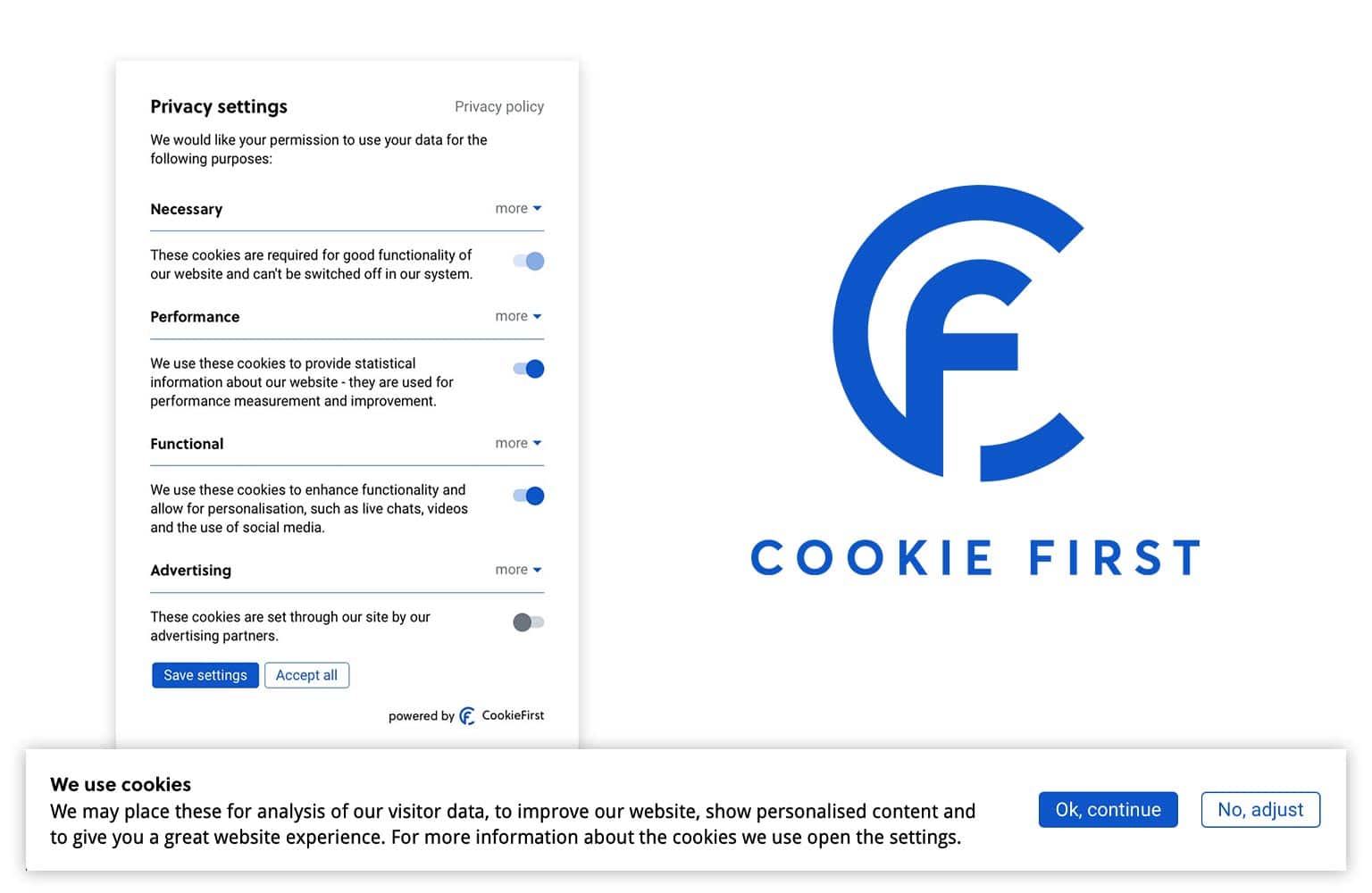The California Consumer Privacy Act (CCPA) will become effective on January 1st, 2020 and it may affect how a website is allowed to handle personal information of citizens of California. It is similar to the European privacy law, the General Data Protection Regulation (GDPR), which together with the ePrivacy Regulation (ePR) regulate cookie usage, cookie banners and cookie notices. In this article we will take a closer look at the CCPA vs GDPR.
Create your free CookieFirst-account and make sure if your cookie usage, cookie declarations texts and third-party tracking procedures comply with the CCPA guidelines.
What Washington D.C. is to the United States Federal Government is California to the world’s technology industry. The capital of Silicon Valley is fortified on the southernmost shores of San Francisco Bay, but its reach is global, the extent of its tremendous forces recently fathomed by governments and citizens.
California is the physical border of America, where the continent overflows into the Pacific. With the passing of the California Consumer Privacy Act (CCPA) on January 1, 2020, it is also the border of data protection law in the USA.
In this article, we will try to understand the substance of the CCPA, its implications for businesses and consumers, a comparison with the European privacy law (CCPA vs GDPR) and its possible future.






